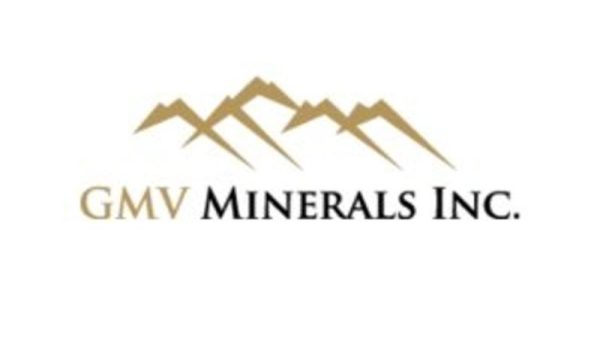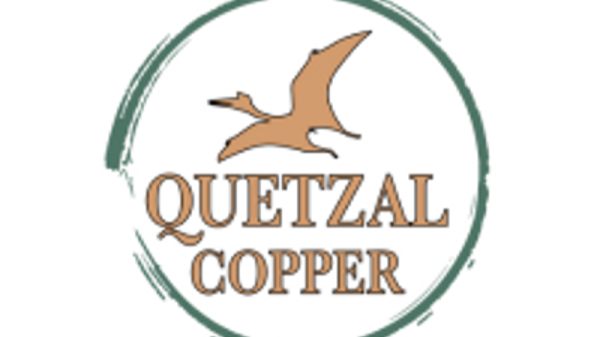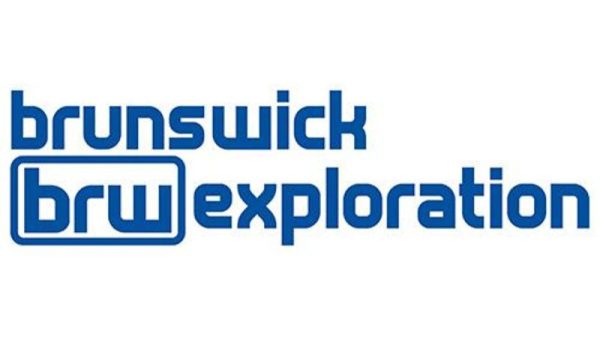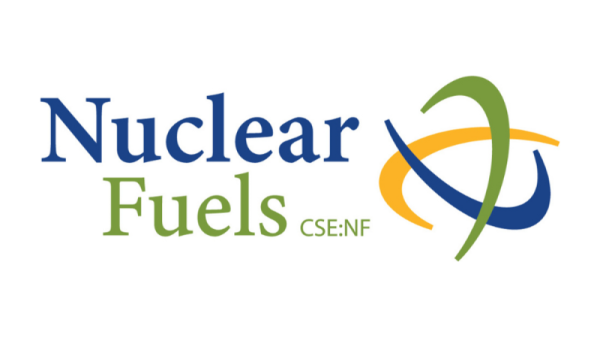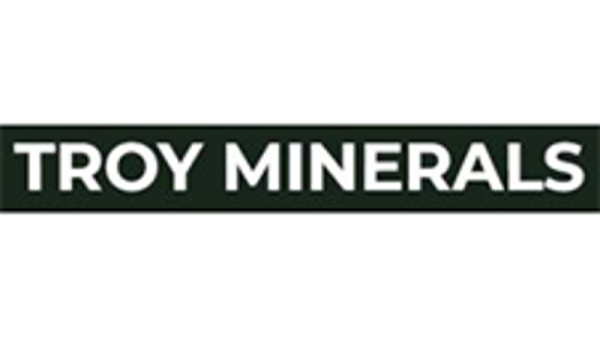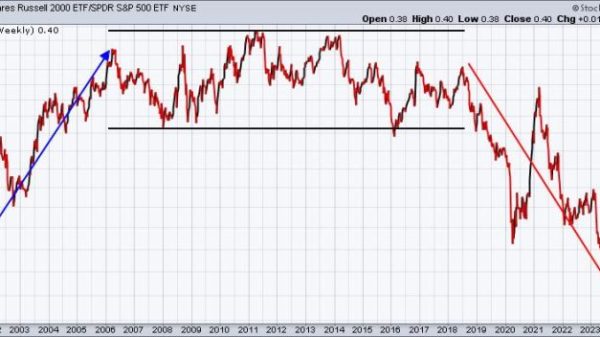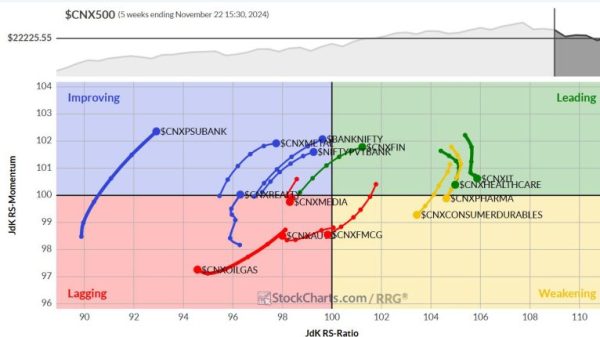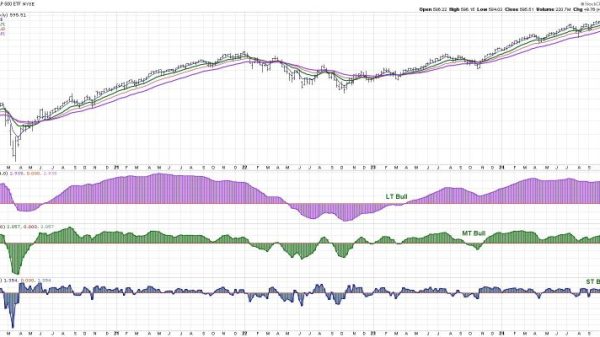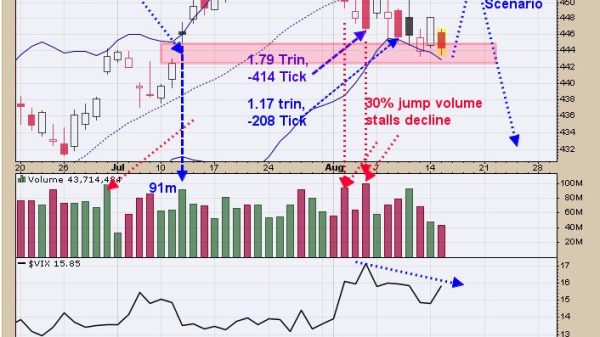Investor Insight
With high-quality, drill-ready assets, with world-class discovery potential, Piche Resources is a compelling business case for investors looking to leverage a bull market for uranium and gold.
Overview
Piche Resources (ASX:PR2) holds a portfolio of drill-ready uranium and gold assets in Argentina and Australia. These projects include: the Ashburton uranium project in Western Australia’s prolific Pilbara region; the Sierra Cuadrada uranium project in the San Jorge Basin in Argentina; and the Cerro Chacon gold project which shares geological similarities with the Cerro Negro mine in Argentina. Exploration work at these assets indicate their potential to become world-class projects.
Piche has an internationally recognized board focused on creating long-term shareholder value, and an in-country technical team in Argentina with a proven track record of taking projects from discovery through to development.
Company Highlights
The company’s Australian asset is the Ashburton uranium project which has been drilled previously and recorded high-grade uranium intersections over significant widths.In Argentina, the company’s Sierra Cuadrada uranium project in the San Jorge Basin has a significant history of high-grade, near-surface uranium mining operations.The company is currently drilling one of its prospects at Sierra Cuadrada and has announced visible uranium in numerous holes. Multiple other prospects are drill-ready and have the potential to host tier 1 uranium deposits.Exposure to gold with high-quality precious metal projects in Argentina that boast surface outcrop samples with gold grade up to 13 g/t gold.Internationally renowned board and management team with extensive uranium and gold exploration and development experience.
Key Projects
Uranium: Ashburton Project, Australia
The Ashburton uranium project comprises three exploration licences across a 122 sq kmland package in the Pilbara region of Western Australia, 1,150 km north of Perth. The company has highlighted uranium mineralization across 65 km of strike comprising 14 historic uranium occurrences, with a high-grade zone extending over several kilometres. Of particular interest is the Angelo River prospects that are believed to be part of a larger mineralized uranium system. Historic exploration by Pancontinental (62 holes) highlighted 71 intercepts with grades greater than 500 ppm U3O8 approximating a grade of 1.1 lbs of U3O8 per tonne. High-grade drilling results from the prospect include 10.5 m at 4,380 ppm U3O8 (AR1004) and 9 m at 3,490 ppm U3O8 (AR1009). The potential deposit is open along strike and at depth.
The Ashburton uranium project has the potential to host uranium mineral deposits similar to the Pine Creek Geosyncline in Australia’s Northern Territory, and the Athabasca Basin in Saskatchewan, Canada.
Three prospects at Ashburton provide organic upside from exploration. The Atlantis prospect includes high-grade historic drilling results of 5.5 m at 0.62 percent U3O8 and 2.2 m at 0.71 percent U3O8 with rock chip samples of up to 37 percent U3O8. The NDG prospect boasts numerous high-grade rock chip samples of 3.03 percent, 0.71 percent and 0.67 percent U3O8 associated with surface uranium radiometric anomalies. Lastly, the Canyon Creek prospect boasts rock chip samples of 1 percent U3O8 that are also associated with surface uranium radiometric and tempest EM anomalies.
Uranium: Sierra Cuadrada, Argentina
The Sierra Cuadrada project is located in the San Jorge Basin and spans 1,300 sq km, 200 km north of Comodoro Rivadavia. The project is flat lying, with visible uranium assays of >3,000 U3O8 or 6.6 lbs per tonne. The mineralization occurs at varying stratigraphic layers and remains open at depth. There is potential for numerous continuous zones up to 30 km wide and 40 km long. Mineralization is open along strike NW and SW and downdip. Further work will include delineating the deposit with shallow drilling and trenching that Pinche boasts can be done at very low cost.
The Argentine National Atomic Energy Commission explored for uranium across Argentina from the mid 1950s resulting in thousands of anomalies and eight developed mining operations. In the Chubut province radiometric and EM surveys have been identified across two large Cretaceous paleochannels in the San Jorge Basin which extend for over 200 km N-S and 30 to 60 km E-W. Three high grade deposits highlighting the development potential of the area include: 1) the Cerro Condor 2) the Los Adobes, and 3) Cerro Solo mining operations. Cerro Condor and Los Adobes are both past-producing operations with grades of 6,000 ppm U3O8 and 1,400 U3O8 found in outcrop, respectively.
Gold: Cerro Chacon, Argentina
The Cerro Chacon gold project is located 10 km south of Paso de Indios, in the Chubut Province of Argentina. The land tenement spans 365 sq km of prospective precious metals occurrences. Structural mapping and geochemical sampling at the Chacon Grid identified mineralized systems consistent with surface signatures at the Cerro Negro Mine that boasts a contained metal inventory of 5.8 Moz of gold and 50 Moz of silver.
Geophysics work at Cerro Chacon has highlighted targets with significant similarities to Cerro Negro. Additionally, mineralization is hosted in low-sulphidation epithermal vein systems that are associated with argillic alteration and are commonly 8 to 15 m in width. Multiple occurrences beyond 13 g/t gold have been recorded in veins and have been demonstrated to continue at depth. Near-term work will include detailed mapping and sampling, extending the geophysical survey to cover up to 6 km of known vein systems, and preparing pads for drilling.
Management Team
John (Gus) Simpson – Executive Chairman
John Simpson has over 37 years’ experience in mineral exploration, development and mining. He has extensive experience across equity capital markets and corporate governance, and was previously the executive chairman/founder at Peninsula Energy Limited (ASX:PEN), a USA uranium producer.
Stephen Mann – Managing Director
Stephen Mann is a geologist with over 40 years’ experience in the exploration, discovery and development of mining projects, including 20 years in the uranium sector. He was previously the Australian managing director of Orano, the world’s third largest uranium producer.
Pablo Marcet –Executive Director
Pablo Marcet is a senior geoscientist with 38 years of experience in the exploration, discovery and development of mineral deposits. He is currently an independent director of lithium producer Arcadium Lithium (NYSE:ALTM) and was previously a director of Barrick Gold (NYSE:GOLD) and U3O8 (TSX:U3O8)
Clark Beyer – Non-executive Director
Clark Beyer is an internationally recognised nuclear industry executive with over 35 years’ experience. He was previously the managing director of Rio Tinto Uranium Limited and is currently principal of Global Fuel Solutions LLC, which provides strategic consulting to the international uranium and nuclear fuels market.
Stanley Macdonald – Non-executive Director
Stanley Macdonald is a nationally recognised mining entrepreneur who has been a founding director and instrumental in the success of numerous ASX listed companies, such as Giralia Resources, Northern Star and Redhill Iron. He is currently a director of Zenith Minerals.

